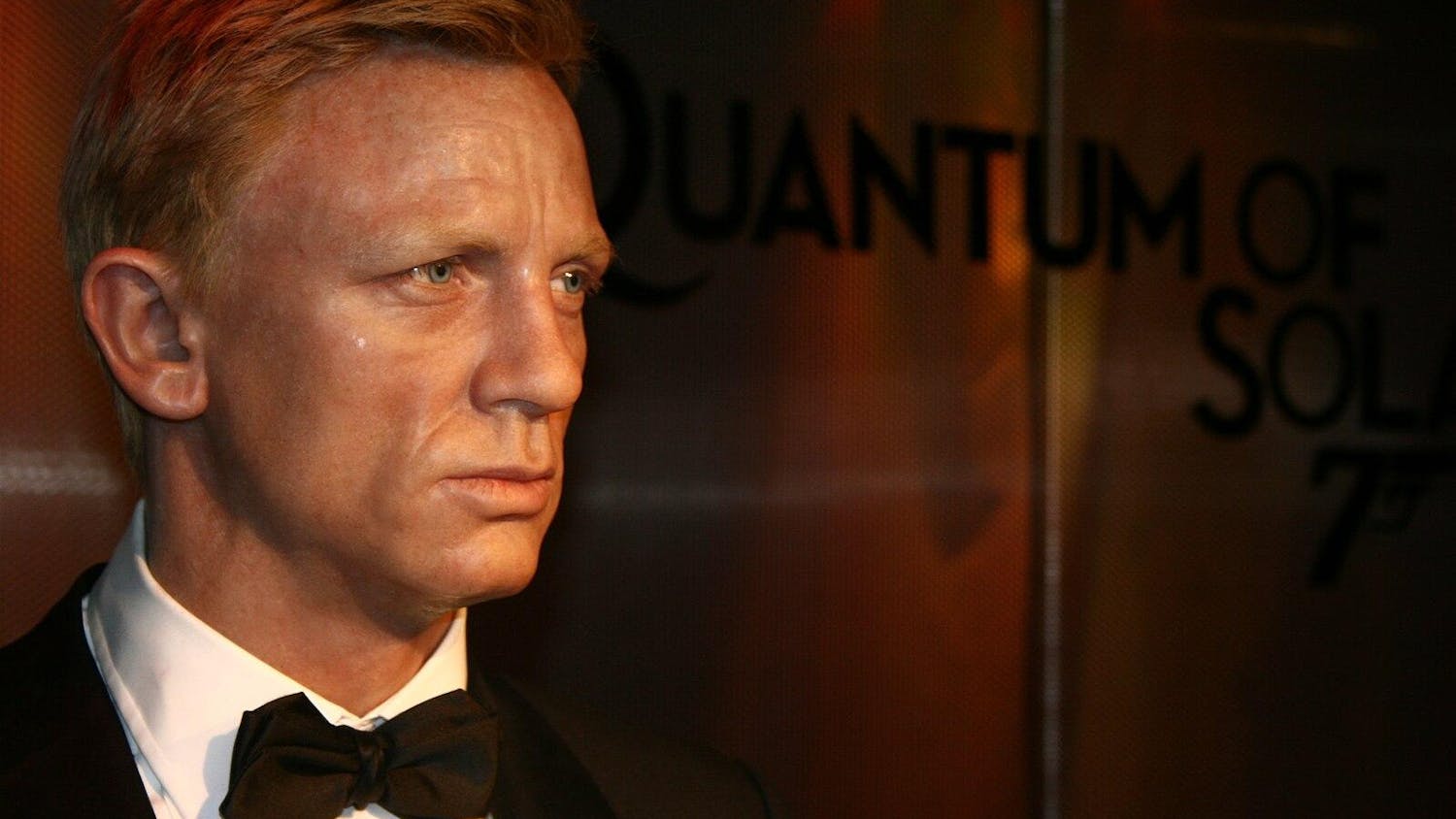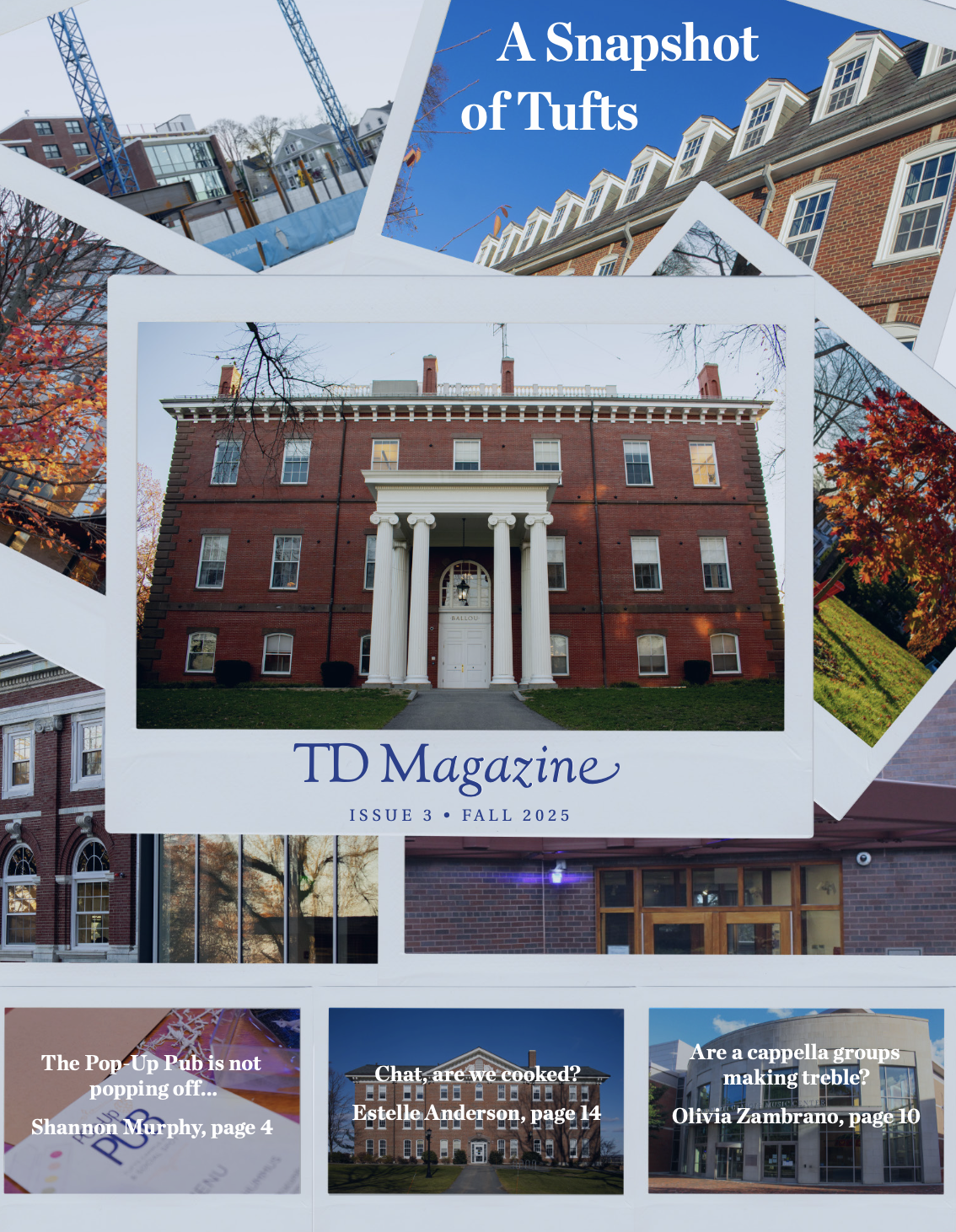An artist hangs suspended from a helicopter, scrawling on a series of wooden panels. A feral cat graphically eviscerates a rat. Behind the ruined frame of a car, a vampire sings a medley of national anthems. In his newest exhibition, "Adel Abdessemed: Situation and Practice," Adel Abdessemed pulls together video, performance, photography and sculpture to explore his own interesting, if convoluted, perspectives of violence and religion in the context of the modern global community.
A native of Algeria, Abdessemed was trained and exhibits his skills as an artist on an international scale. As a young man, Abdessemed attended the Ecole Supérieure des Beaux Arts in Algiers. He relocated to France in 1994 in response to escalating hostilities between the Algerian military and radical Islamic forces. Since 2000, Abdessemed has lived in Paris, Berlin and New York; he has also exhibited solo shows in Reims, Grenoble and Tel Aviv.
Situated in MIT's List Visual Arts Center of MIT, Abdessemed's current exhibition certainly makes an immediate impact. With the help of hidden projectors, the walls are transformed into canvases. These walls and a dozen television sets broadcast never-ending, looped videos at full volume. At first, the exhibit seems chaotic and senseless; sounds reverberate off the walls and graphics flash in every direction, preventing any opportunity for contemplation.
The chaotic organization of the exhibit, however, is in itself indicative of Abdessemed's theme. What is today's world if not confusing? Under closer inspection, each piece is rife with significance. Abdessemed displays realistic acts of violence. In "Talk is Cheap" (2006), Abdessemed recorded the visceral sight and sound of his foot smashing a microphone. The short video uses violence to highlight the artist's frustration with the inability of the modern world to combat extremism and violence in a productive way.
One of only two sculptures in the exhibition, "Practice Zero Tolerance Retournée" (2008), is especially poignant alongside the noise and activity of the surrounding gallery. A terra cotta piece fashioned realistically after the charred remnants of an incinerated car, Abdessemed's sculpture lies upturned as an eerily silent reminder of suicide bombings, violent products of religious ideology.
The most recent piece, "Prostitute" (2008), consists of three shopping bags full of notebooks set into the gallery wall. At first glance, they look like guest books or pamphlets. The lengthy caption on the dimly lit wall beside the installation, however, reveal that the piece is a collection of religious texts transcribed by sex workers at the artist's request. The caption also lists the questions that this process might invoke for the reader, in case they are unable to think on their own. The intent is gripping, but the display leaves much to be desired.
In the same way, "Also Sprach Allah" (2008) is an underwhelming presentation of a worthwhile intellectual objective. The piece is a combination of a framed rug with charcoal scrawls and a video. In the recording, a group of men toss Abdessemed into the air and towards the rug, which is mounted above on the ceiling. He then writes the words of the piece's title. Apparently, this was intended to depict how society propels an individual to action in the name of religion. This approach seems forced when relegated to a gallery wall. Somewhere in the shaky footage, the message loses its impact.
While Abdessemed's work is interesting as a whole, his more compelling productions seem to take the form of performances. Unfortunately for this exhibition, performance belongs on the street, not in a gallery. Abdessemed's work evokes worthwhile questions and answers. The full impact of his vision, however, cannot be gained from watching recordings.





